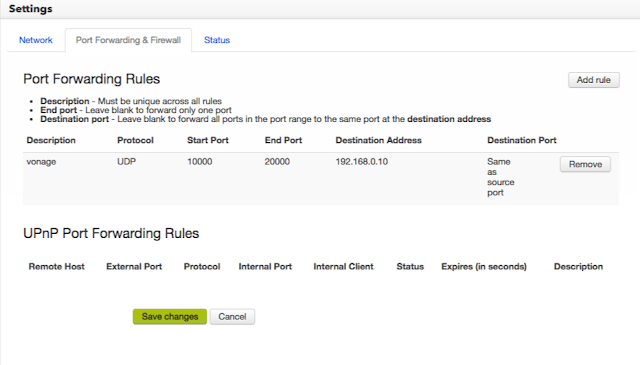India Voted, and this is what the numbers really say...
After five gruelling weeks, Friday's vote count marked a tremendous victory for the Bharatiya Janata Party (BJP) and its National Democratic Alliance (NDA) allies, under the leadership of its controversial Prime Minister in waiting, Narendra Modi. With almost all of the record-setting 550 million votes counted, the Country's once-dominant Congress Party, that has hobbled with its United Progressive Alliance (UPA) allies through the past five years, has been severely punished. This was a hard fought and fair battle, and Mr. Modi and the BJP deserve their victory.
The BJP's strong showing in terms of seats won in India's 543 seat Lok Sabha (parliament), gives it an absolute legislative majority. When its NDA allies are included in the count, it has an even stronger mandate to make change. Even BJP-friendly psephologists failed to gauge the wide margin of the final tally. As the BJP prepares to take the reigns of government, they should do so with thought and caution. A look under the hood of the results reveals that the vote of confidence in the BJP, may not have been as convincing as it is being made out to be.
The diagram below compares the ratio of seats won by the different alliances in the new parliament with their shares of the total vote. The BJP and its allies won just over 61% of the 543 seats with 39% of the national vote. The Congress and its allies however scraped in with 11% of the seats, even though they retained 24% of the vote. Democracies aren't perfect, and for better or for worse, the 'first past the post' voting system at the level of each individual constituency (that India and many other former British colonies inherited), allows for this.
 |
| Comparison of share of seats in the 2014 Lok Sabha with the share of votes nationally in the 2014 Indian election. Graph created by Tanzeel Merchant. |
 |
| Comparison of Indian national election vote share in 2009 and 2014, by political alliance. Graph created by Tanzeel Merchant. |
 |
| 2014 Indian election vote share by party. Source: Election Commission of India. May 17, 2014 @ 1 am. |
If the BJP and its allies wish to be voted back for a second term in 2019, they need to spend the next five years delivering on the real reasons for their electoral success. In his victory speech, Narendra Modi acknowledged as much when he said, "The people of this country have given their verdict. This verdict says we have to make the dreams of 1.25 billion people come true. I must work hard."
Instead of implementing an ideologically-driven policy agenda, this new administration should focus on ensuring inclusive and fair development across India. They should act on weeding out corruption, enforcing law and order, entrenching equity and secularism in their truest sense, and ensuring that a rising tide of economic reform will lift everyone with it.
Mr. Modi has a chance now to decide if that is what he will leave as his legacy. India has agreed to allow the BJP in, but it is yet to be convinced that it wants it to stay. If he fails, the very tide that swept him in, has just shown that it can sweep him out too.



